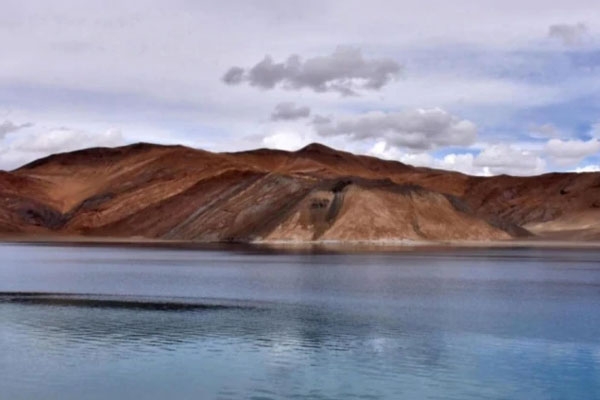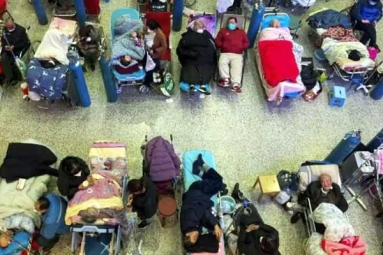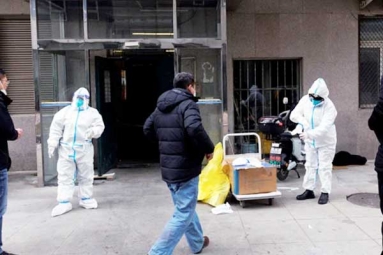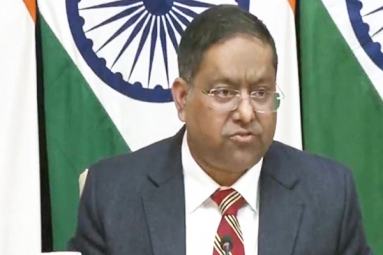Residents of Pangong Tso “Living in Fear” after China Occupies Nearby Hills
July 01, 2020 18:00
(Image source from: indiatoday)
Amid the rising tensions between India and China, residents of Pangong Tso are worried as the Chinese troops have occupied the hills nearby.
The Chinese army continues to obstruct Indian Patrols along the areas of LAC and eastern Ladakh as their troops have occupied hill areas near the lake of Pangong Tso.
As a precautionary measure, the movement of people has been restricted and phone networks are down.
A representative of Ladakh Hill Development Council has said that people of Pangong Tso have not seen such large-scale troop build-up in many years.
Reports also suggest that there is massive construction going on at the Galwan valley and 20 Indian soldiers have died when they tried to oppose the Chinese troops.
People of Pangong Tso are in a state if fear as the phone lines went down too. The locals have also noticed that the hill tops are being illuminated in the night since the Chinese have infiltrated the area.
Allegedly, there is an increase in boat traffic lately as reported by the locals which is causing intimidation among them.
The tension of China’s infiltration is not just confined to one place. The troops are now spread across eastern Ladakh in an attempt to change the status quo of the region.
At the start, the problem was only with Galwan valley and Pangong Lake. It is now being spread to many other areas.
Despite China’s intrusion into the borders, the Indian government has not halted the construction work of roads and bridges though it is the reason for a tiff between Indian and China now.
Meanwhile China attempts to occupy the areas of Galwan, Pangong Lake, Depsang, Gogra, Trig Heights and Demchok, India too has begun to deploy more number of troops and has also deployed more air force to safeguard the country.
According to Block Development Chair Person of Nyoma, the Indian government has not taken proper measures to bolster the development in these areas which is leading to these repercussions to be faced.
By Gayatri Yellayi






















